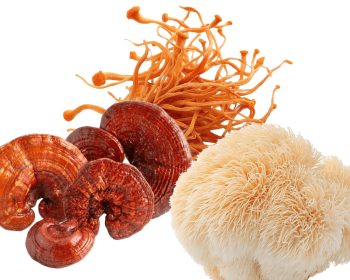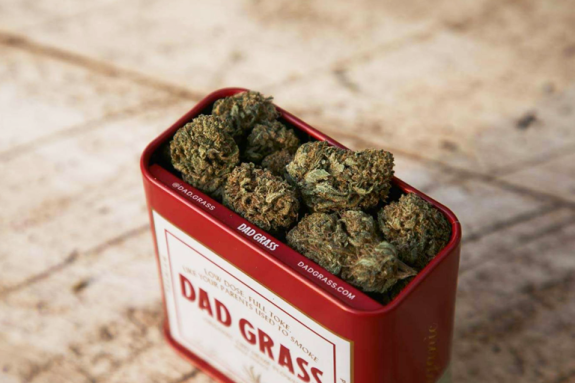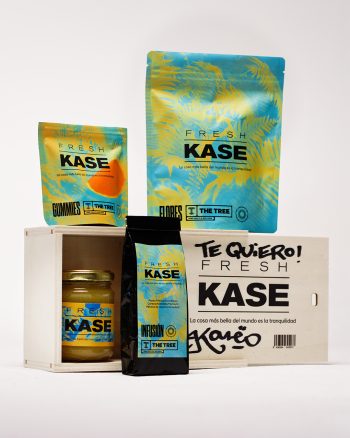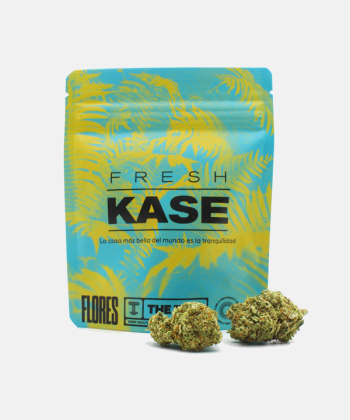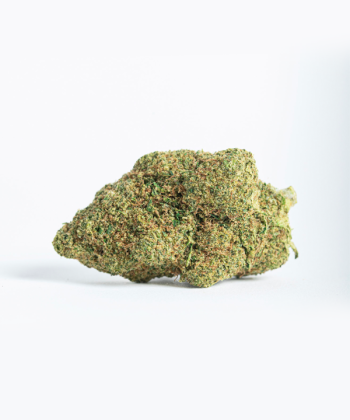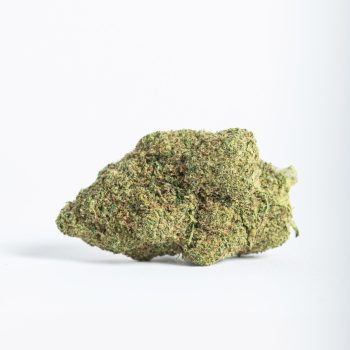Cannabidiol, better known as CBD, has become incredibly popular in recent years for its many and varied properties, as it can help with a variety of conditions – from pain relief to anxiety reduction. However, as CBD has gained popularity, questions and concerns about its safety and potential risks have also arisen.
While many advocates of this compound claim that CBD is safe and effective, it is crucial to understand the potential risks associated with its use. In this article, we will explore the potential dangers of CBD and whether there are any real health risks: from common side effects to the implications of a poor quality product, we will look at what science has to say about this popular substance.
Are there side effects of CBD?
CBD can interact with the body in different ways depending on the individual, which can lead to certain side effects. We list them below:
- Dry mouth: This is probably the most common side effect of CBD. Although it is not too serious, it can be slightly annoying when it occurs. However, there is a very easy solution, which is to drink water frequently or to savour some candy.
- Appetite disturbance: This can also occur with some frequency among regular CBD users. Some users feel an increase in appetite¹, while others report a reduction². This is also not a side effect that can be serious or worrying.
- Drowsiness or fatigue: While this is not a serious side effect, it can be bothersome during the course of daily activities. For those CBD users who experience this with some frequency³, it is best to consume it in the evening, at the end of the working day.
- Low blood pressure: This is one of the most serious side effects⁴ that CBD can cause. Therefore, if you notice that the use of this cannabinoid leads to dizziness and fatigue, it is best to stop using it and consult a medical professional.
Contraindications of CBD
There are certain circumstances in which the use of CBD is not recommended. In general, these are medical or physiological conditions where it is best not to consume CBD. These are also listed below:
- Breastfeeding and pregnancy: It is recommended to avoid the use of CBD during this period unless recommended by a doctor.
- Children: The use of CBD in children is not recommended, unless expressly recommended by a doctor.
- Liver disease: CBD is metabolised in the liver, so in case of liver disease, it may increase the risk of liver damage.
- Mental health disorders: People with psychological problems or mental health disorders are advised not to use CBD.
- Drug interactions: CBD may increase the risk of side effects from some medications, so it is important to consult a doctor before taking it in these cases.
- Interactions with supplements or herbs: As above, CBD may interact with some supplements or herbs. When combined with other compounds or herbs with similar effects, such as melatonin, St. John’s wort or valerian, it can cause excessive drowsiness, among other side effects.
Risks associated with low-quality CBD products
Poor quality CBD products can pose several risks. The most common problems include contamination with pesticides, fungi and pests due to poor preservation or incorrect labelling. We review them in the following lines:
- Contamination with pesticides, fungi and pests: lack of specific regulations can lead to contamination of CBD products with substances such as pesticides, fungi and pests. These contaminants can enter the products due to poor cultivation, manufacturing or storage practices. A UK study found that several CBD products contained dangerous levels of pesticides and other contaminants, which could pose a health risk⁵.
- Mislabelling: Mislabelling is another common problem with low-quality CBD products. Studies have shown that many of them contain incorrect amounts of CBD. This can cause unwanted effects due to incorrect dosage. A study conducted in the US in 2020 analysed 25 CBD products and only 3 of them had a CBD content similar to what the label indicated⁶.
- THC levels too high: The adverse effects of low-quality CBD products are often caused by THC contamination. In research that analysed 362 CBD products, 11% of these were found to contain THC levels above legal limits, which could lead to unwanted psychoactive effects or even legal problems for consumers⁷.
In short, buying low-quality CBD products can present significant health risks due to contamination, mislabelling and other problems. It is important for consumers to choose high quality products from reliable manufacturers to avoid these risks, like the ones you can find in our online shop.
At The Tree CBD our oils, resins and buds are sourced from hemp grown entirely organically and naturally. As such, they contain no pesticides or other harmful chemicals. In addition, we make sure that we strictly comply with the legal THC limits to avoid unwanted effects and legal problems.
References
- Hussain, S. A., Zhou, R., Jacobson, C., Weng, J., Cheng, E., Lay, J., … & Sankar, R. (2015). Perceived efficacy of cannabidiol-enriched cannabis extracts for treatment of pediatric epilepsy: a potential role for infantile spasms and Lennox–Gastaut syndrome. Epilepsy & Behavior, 47, 138-141.
- Iffland, K., & Grotenhermen, F. (2017). An update on safety and side effects of cannabidiol: a review of clinical data and relevant animal studies. Cannabis and cannabinoid research, 2(1), 139-154.
- Tzadok, M., Uliel-Siboni, S., Linder, I., Kramer, U., Epstein, O., Menascu, S., … & Ben-Zeev, B. (2016). CBD-enriched medical cannabis for intractable pediatric epilepsy: the current Israeli experience. Seizure, 35, 41-44.
- Jadoon, K. A., Tan, G. D., & O’Sullivan, S. E. (2017). A single dose of cannabidiol reduces blood pressure in healthy volunteers in a randomized crossover study. JCI insight, 2(12).
- Fera Science. (2022). Analysis of CBD Products.
- Gurley, B., Murphy, T., Gul, W., Walker, L., & Elsohly, M. (2020). Content versus Label Claims in Cannabidiol (CBD)-Containing Products Obtained from Commercial Outlets in the State of Mississippi. Journal of Dietary Supplements, 17, 599–607.
- Lachenmeier, D., Habel, S., Fischer, B., Herbi, F., Zerbe, Y., Bock, V., Rezende, T., Walch, S., & Sproll, C. (2019). Are adverse effects of cannabidiol (CBD) products caused by tetrahydrocannabinol (THC) contamination?. F1000Research, 8.


